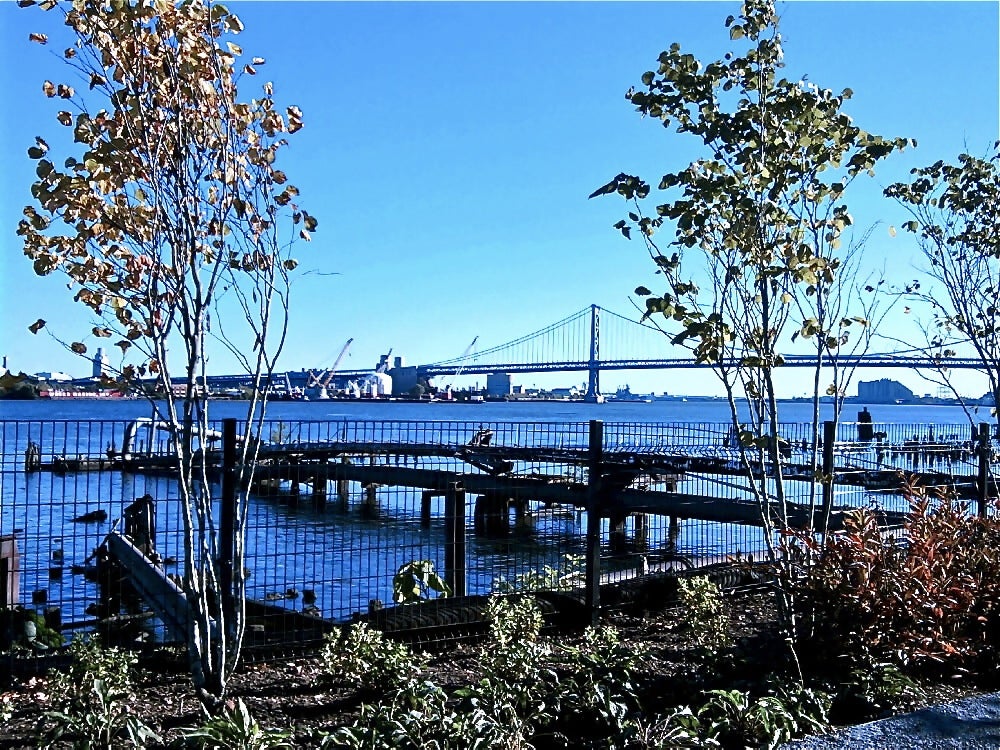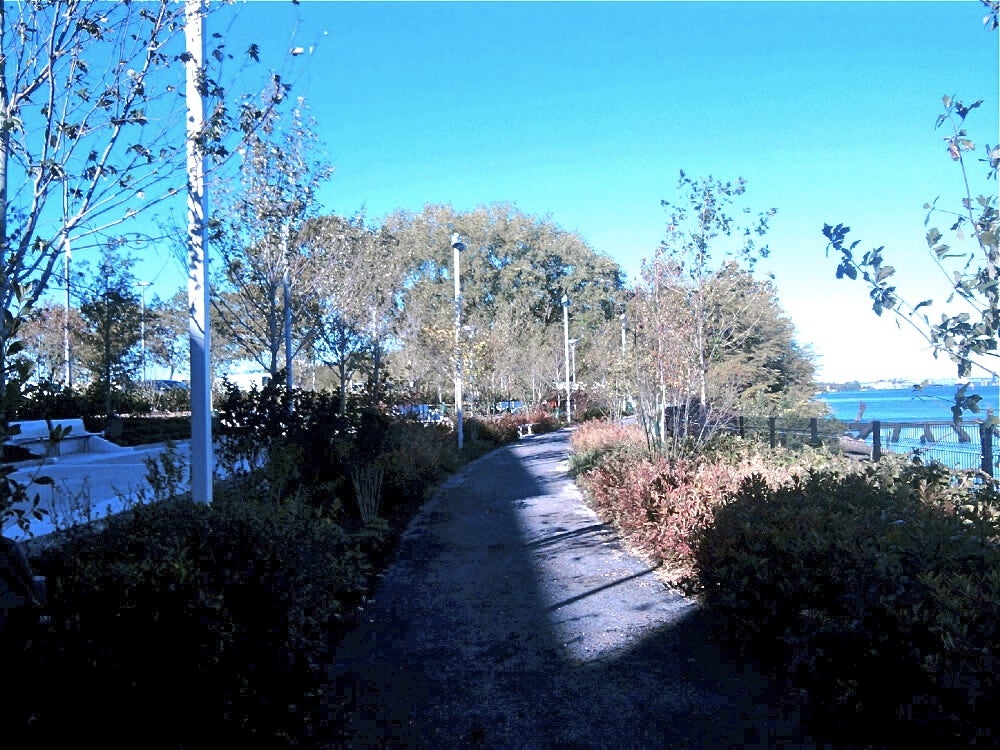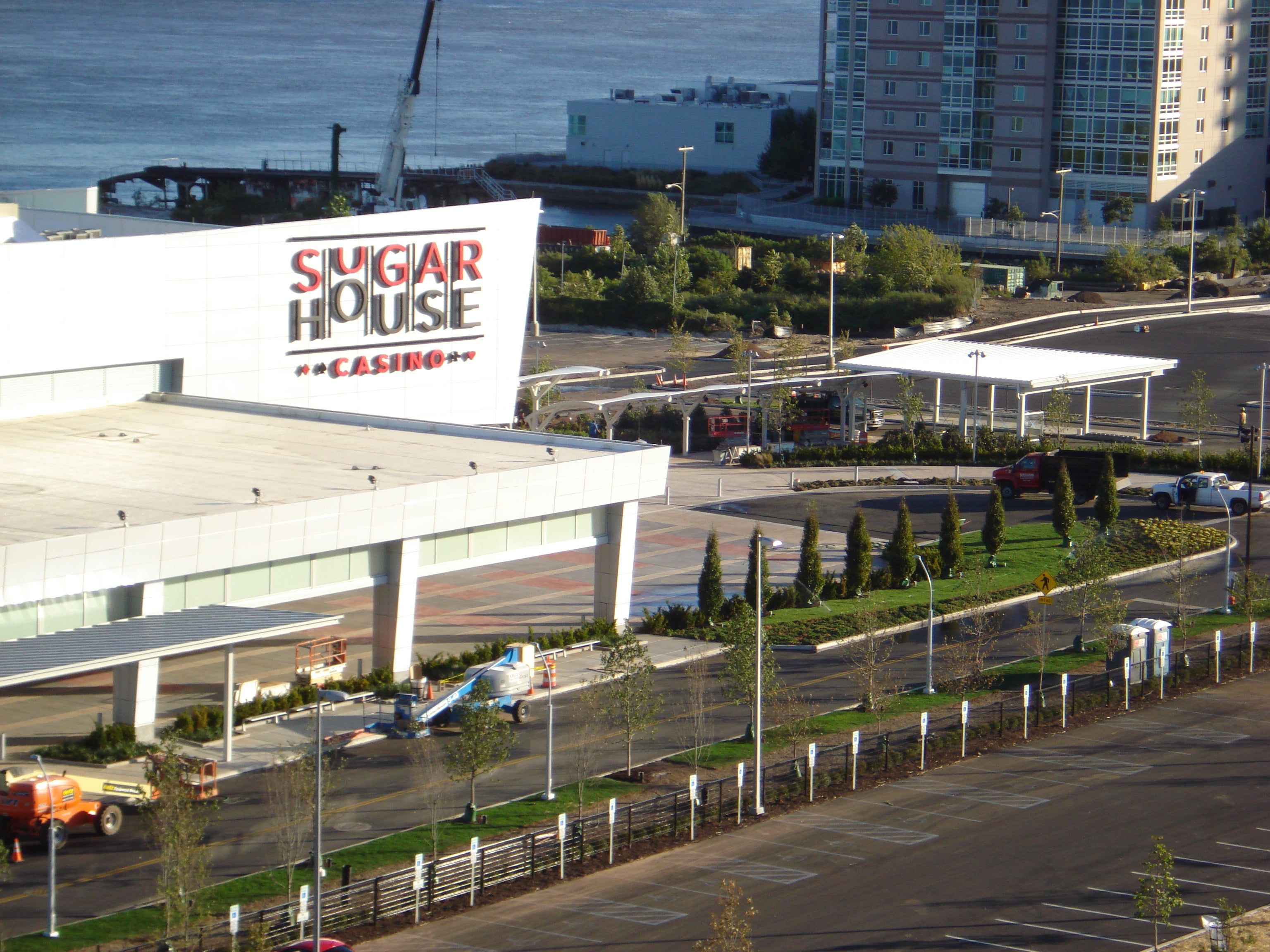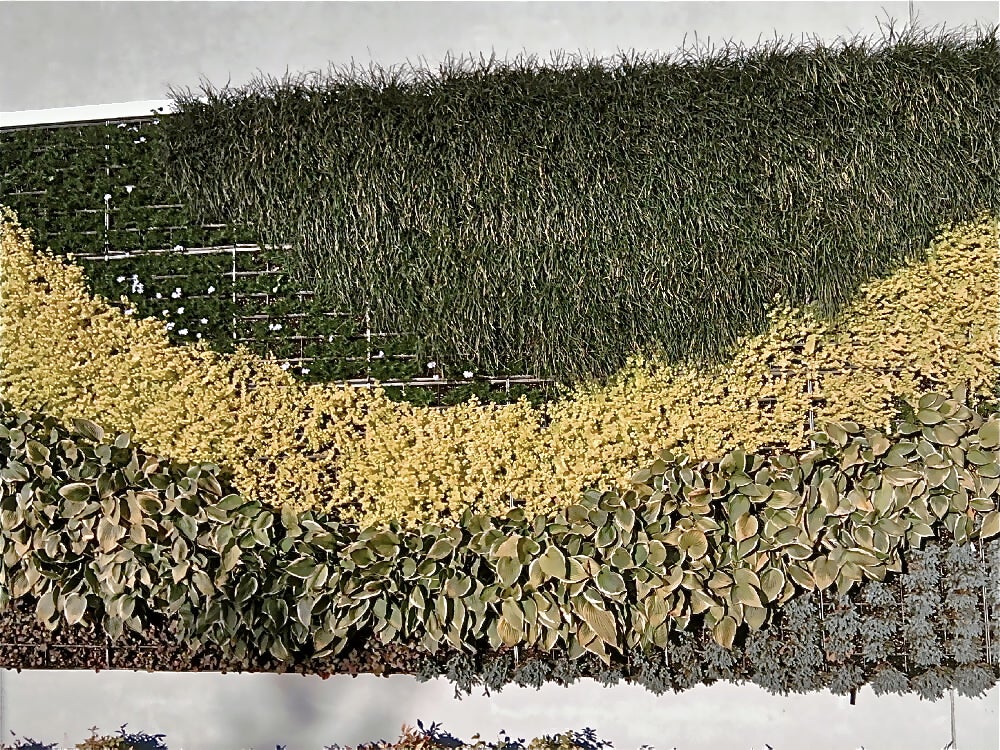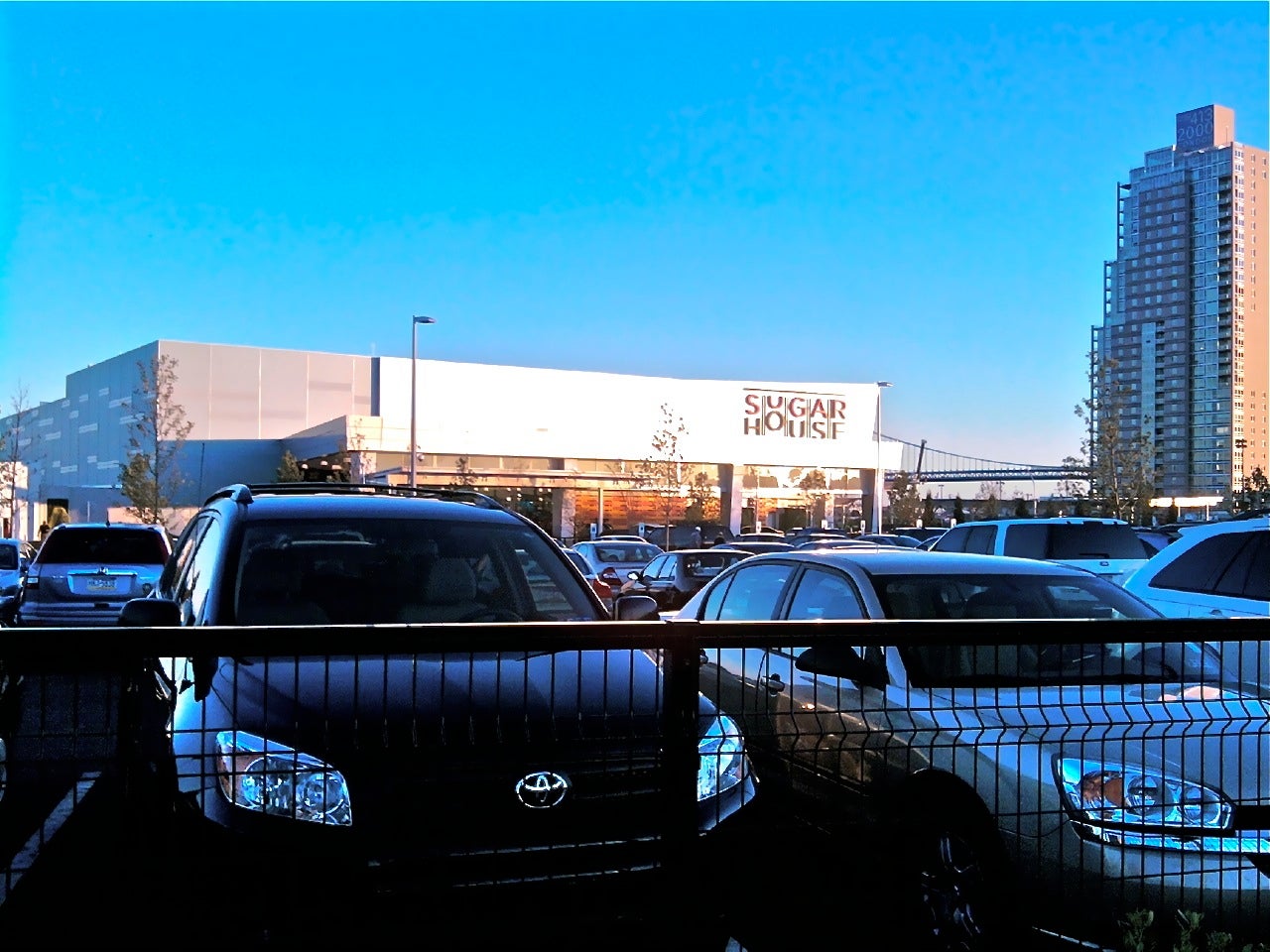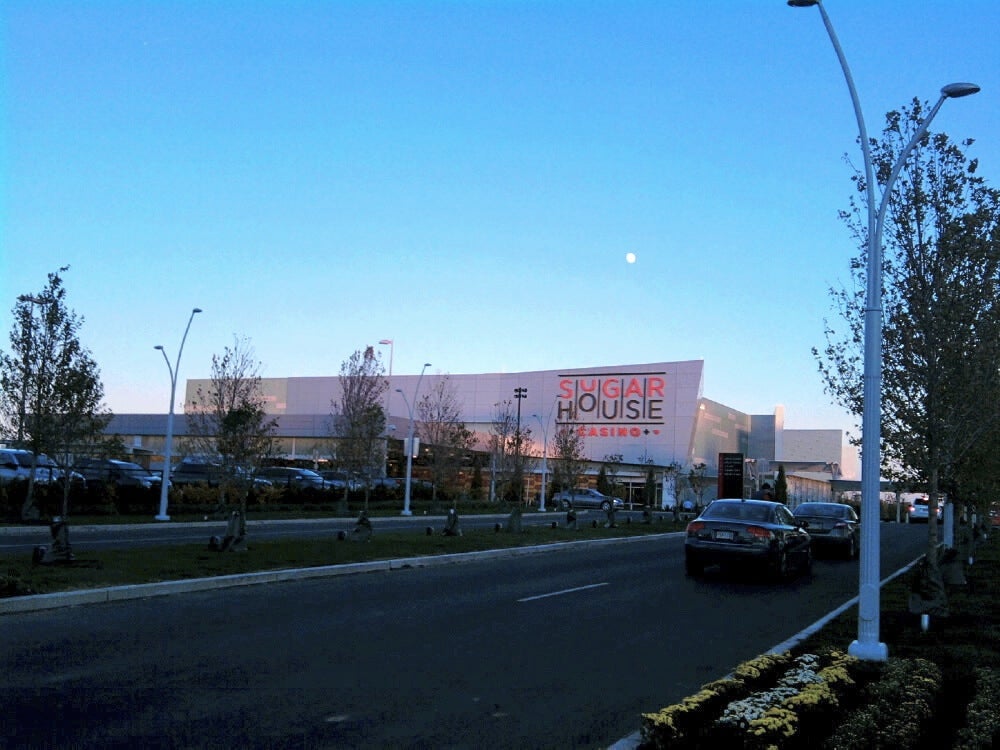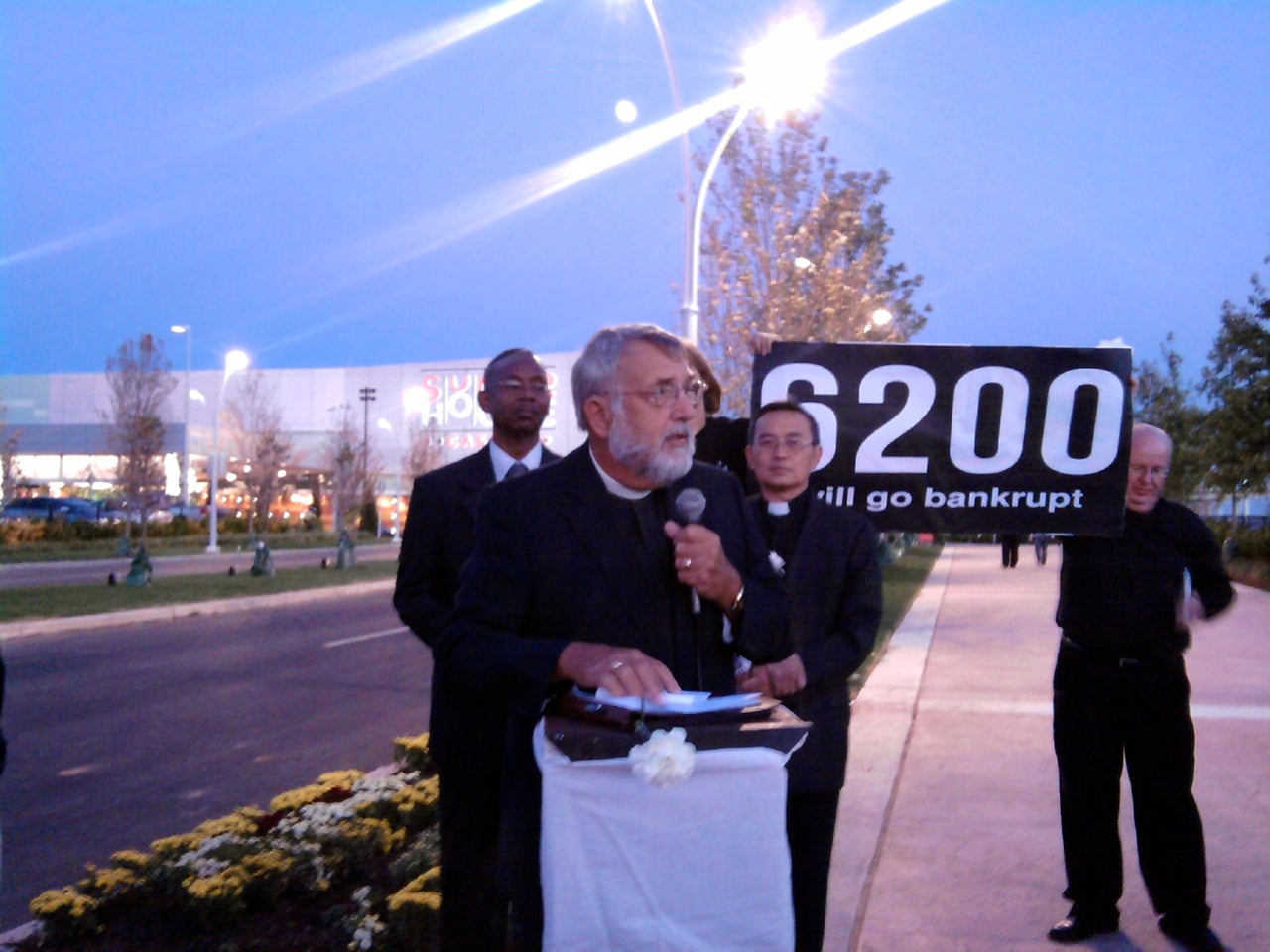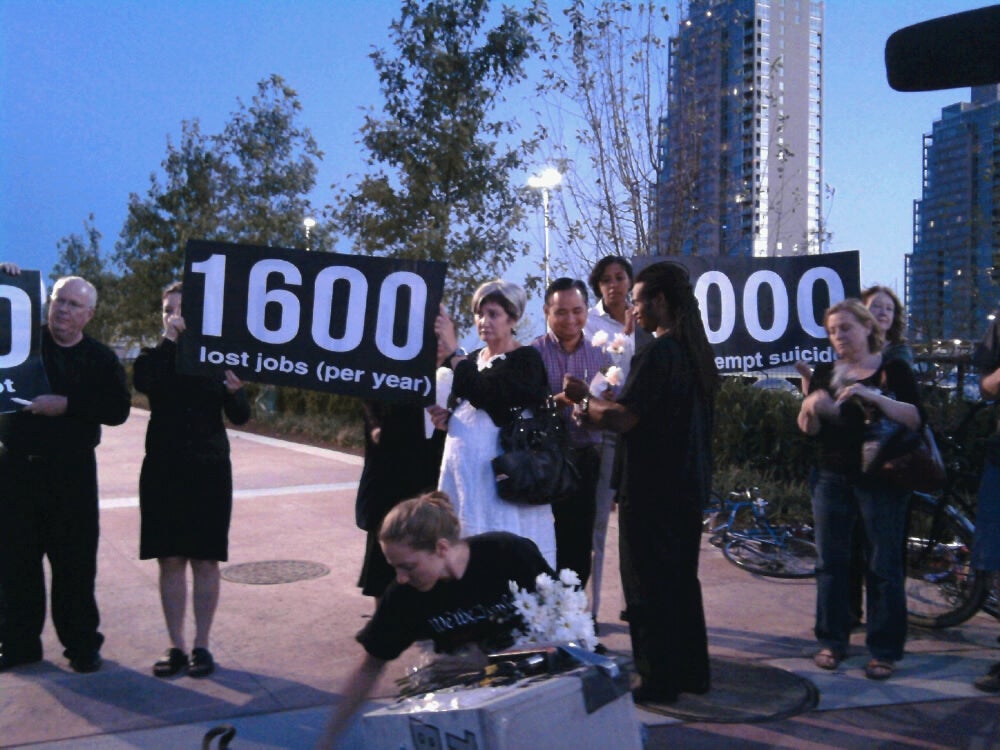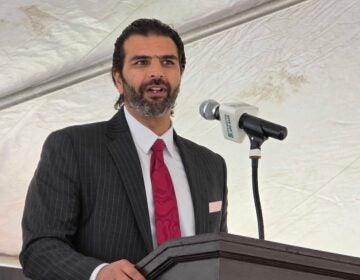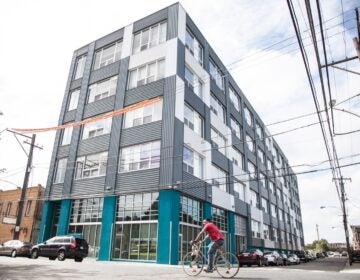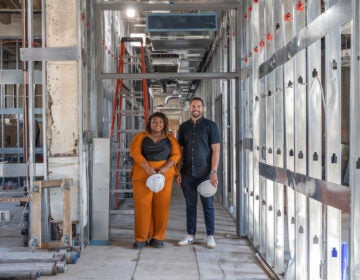A SugarHouse test run – including protests – in preparation for Thursday’s opening
Inside SugarHouse Casino Monday, thousands of invited guests played craps and slots, ate, drank and generally made merry as they helped the casino and inspectors from the Pennsylvania Gaming Control Board test methods and systems.
Outside one of the Delaware Avenue venue’s gates, about 40 protestors holding candles and white flowers held a funeral-like memorial service where faith leaders and community members spoke of their sadness that the casino had opened and their fear that gambling addiction would lead to bankruptcy and even death.
After years of legal battles, countless public hearings, rallies claiming that casinos would either jump-start development and bring jobs to Philadelphia or ruin the waterfront and erode local businesses, SugarHouse is set to open Thursday – the same day Casino-Free Philadelphia will unveil its plan to shut it down.
The Casino
Behind the silver facade with the slots-inspired logo, SugarHouse’s first gamblers – all invited by one of four charities which will receive the proceeds from test runs Monday and Wednesday – pulled the levers of 1,600 slots machines or placed bets at 40 tables where dealers led rounds of blackjack, poker and other games.
The charities – Abramson Cancer Center of the University of Pennsylvania, Fraternal Order of Police Survivor’s Fund, Greater Philadelphia Traditions Fund, and The Philadelphia Veterans Multi-Service & Education Center – invited a total of 10,000 guests to the test run. Some came Monday, some will come from 2 p.m. to 8 p.m. Wednesday.
While the invitees played under the suspended orgami ceiling and pendant lights shaped like globular sea creatures, gaming board staffers had their eyes on the casino employees.
“We are looking for compliance with the rules and regulations both on the slots side and the table games side,” said Gaming Board Executive Director Kevin O’Toole. The gaming board was also making note of security and surveillance methods, O’Toole said. So far, all of Pennsylvania’s operating casinos have passed their testing sessions, O’Toole said. But they also all got helpful hints on how they could do their jobs better. SugarHouse is opening with table games, but other casinos have recently added them and have gone through the same inspection process, O’Toole said. “At some of the properties, the dealers were a little unsure of themselves and required more training,” he said. Dealers who need more training might just show hesitation, he said, or they might make an error in the payout given to a winning patron.
Security guards have duties other than the obvious, O’Toole said, including transporting gambling chips. This requires a good amount of paperwork, he said.
SugarHouse General Manager Wendy Hamilton said she anticipated suggestions on how SugarHouse can improve, but she was also looking forward to Thursday’s 1 p.m. opening.
Once the casino opens to the public, it will be a 24-7 establishment, she said, with alcohol being served from 10 a.m. to 2 a.m.
Hamilton said the casino now employes about 1,000 people. It received about 20,000 applications for the first 800 jobs it filled, she said. “It was an unbelievable response that allowed us to be incredibly selective,” she said.
SugarHouse CEO Greg Carlin was all smiles as he walked around near the front entrance. He said it felt great to be poised at the opening, and that he was thrilled with the way the building turned out.
The building has received much criticism for sitting back from the sidewalk, having a sea of surface parking, and being a single, large building – none of which, critics say, fit into the urban environment Philadelphia is hoping to see created on the Central Delaware Waterfront.
SugarHouse did retool the design a bit from the original – changes that the mayor and others said were improvements. And from Carlin’s perspective, the casino “really fits into the neighborhood.” He pointed to the chic urban colors – lots of oranges and reds, and the front and rear walls of windows that let in natural light and river views. “It’s pretty unique to have all that natural light in a casino,” he said.
That natural light and the relationship to the river were among the first things that struck Southwest Philadelphia residents Jamal and Sharu Walker. “I love that it was designed with all of that natural light,” said Jamal Walker, who has enjoyed playing craps at quite a few casinos. Other casinos without daylighting get “kind of depressing,” he said. Sharu Walker said she would be back to enjoy a meal on the river terrace.
SugarHouse won’t know how much money the charities will receive until after the gaming board employees finish their final audit on Wednesday. “I made a contribution to the charities today!” Jamal Walker said, smiling. He said he lost all the money he set aside for gambling.
The mourners
The Casino-Free activists gathered at one of SugarHouse’s gates said they were worried about people who will lose more money than they can afford to.
One woman who spoke, Elizabeth Arnold from West Philadelphia, said she lost her father to his addiction.
Arnold said that she joined Casino-Free early on in support of the neighborhood activists who did not want them to be built near residential areas. She knew her dad, who had a high-paying job at a bank, had a gambling problem when she was a child, but she thought that was in the past. Until December, when he took his own life.
“It was only after he did it that we realized he was still gambling,” she said. “It is possible to hide it so well.” Arnold said she wanted people to know that addiction can happen to anyone – even people who are smart and make a good living, like her father.
Other participants spoke of the lost opportunities that the casino represented to them – this spot on the waterfront could have been used for something else, they said.
Retired episcopal priest Richard Ullman, Ahmad Munjid of the Indonesia Community of Greater Philadelphia and Rev. John Pritchard of Calvary United Methodist Church and South Philadelphia resident Lai Har Cheung spoke about the impact a casino would have on families that deal with addiction and accused the casinos of specifically targeting the poor.
Candles were lit, and white flowers left on the ground.
This was a time to mourn, said Casino-Free spokesman Dan Hajdo. A lot of people had tried to keep the casino from opening, and here it was, about to open, he said.
But Hajdo and the others said they also needed to celebrate the fact that Foxwoods Casino – which is slated for the other end of the Central Delaware, at Washington and Reed Streets – has not opened. The activists took some credit for that Monday night. They also said it was time to refocus their efforts when it comes to SugarHouse. Now, Hajdo said, they are focused on closing it. Cheung said she thinks this is mostly a matter of educating people about the problems gambling can cause, and encouraging them not to patronize the casino.
Hajdo said that when SugarHouse opens Thursday, Casino-Free will hold a conference to unveil alternate plans for the space. In the meanwhile, he said, Casino-Free is organizing a Casino Watch group.
Reach the reporter at kgates@planphilly.com
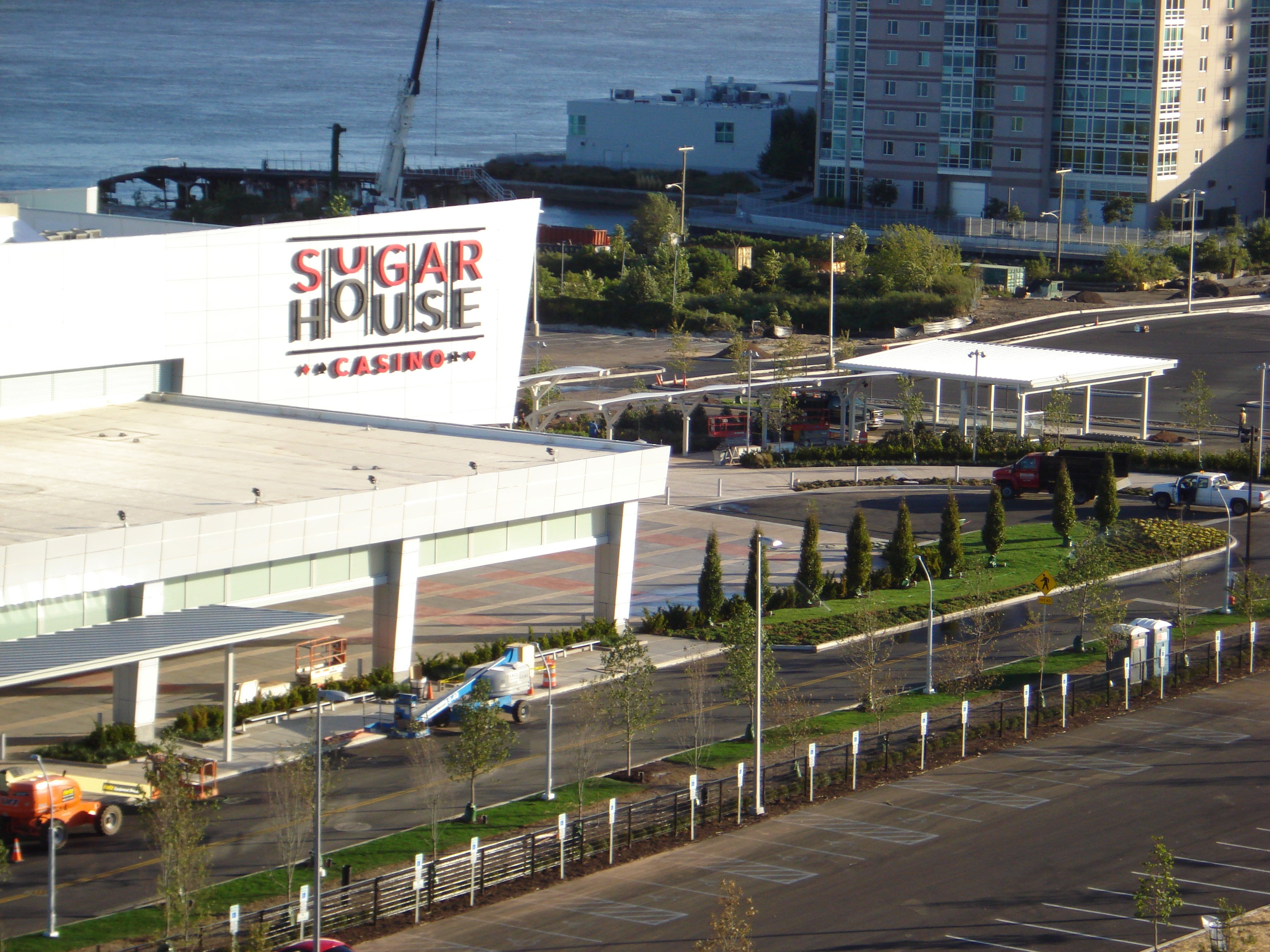
WHYY is your source for fact-based, in-depth journalism and information. As a nonprofit organization, we rely on financial support from readers like you. Please give today.



